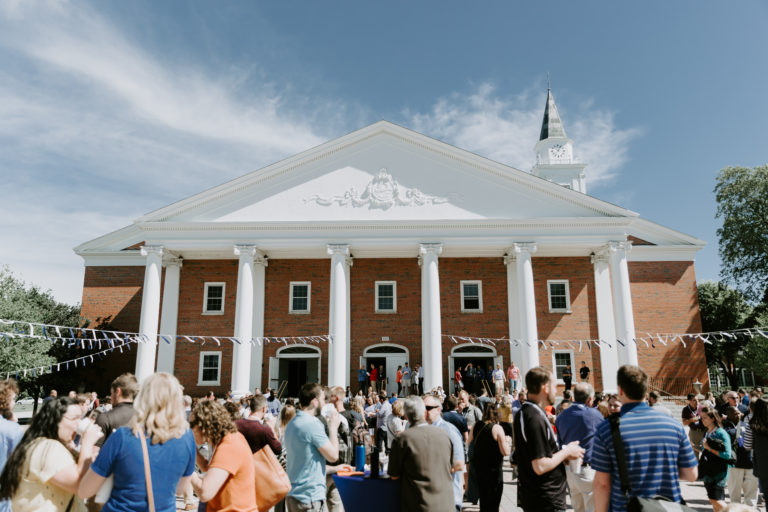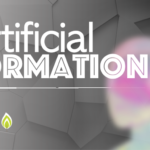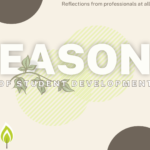If this were a normal year, we, the nation’s Christian student development professionals, would be in the midst of our annual conference—our opportunity to rest, reconnect with our colleagues, learn, and spiritually recharge.
Unfortunately, this is not a normal year. In response to the COVID-19 pandemic, we were forced to forego our beloved conference this year. Even though it was the right decision to postpone the conference, the reality of it is still disappointing. There is much to lament. Instead of our week together, I imagine your next few weeks will be filled with the creation and execution of contingency plans for the fall and beyond.
Despite the urgency of these adjustments, I would still like to encourage you to remember the importance of taking some time each year for professional development and consider new ways to achieve the benefits of our annual conference. Although they are substitutes, here are some ways to conference (rest, reconnect, learn, and recharge) without conferencing this summer.
1) Rest
If you haven’t yet taken the time to do so, take a deep breath from the year. This Spring was unprecedented and stressful. The events of this past week have been even more so.
In times like these, it might feel like the best thing to do is to power through and keep working. While remaining faithful to your work, don’t neglect the importance of sabbath rest. Sabbath rest is one of the greatest ways of living out the truth of the gospel in that even while we do nothing God still declares his steadfast love for us.
Part of the value of the annual conference is the opportunity to enjoy slower days exploring a new campus and a new city. Consider resting this summer as you explore somewhere new in your hometown or walk around your empty campus reflecting on the year.
2) Reconnect
One of my favorite parts of the ACSD conference every year is connecting with colleagues from around the country. We swap stories of the year, both tragedies and triumphs, and encourage one another with fellowship.
Zoom cannot replace face to face contact, but it is better than no contact. This next week take time to make a list of people with whom you would normally connect at our conference and set up a time to reconnect this summer via zoom. If zoom still feels awkward to you, remember that we in student development are the masters at navigating awkward conversations. Use that superpower and plan a question or a game to jumpstart the conversation.
3) Learn
There are a host of ways to learn this summer. In addition to the learning that takes place when we connect (see previous suggestion re: zoom), we can learn from scholars and practitioners from around the country via their published work. Here are three suggestions in particular.
a) Personal Research
Consider choosing a topic in your area of specialty and read as many articles as you can about it. Become your institutional expert on sense of belonging, identity development, faith formation, or campus racial climate. Work within your teams to share a summary of what you learn.
b) Collaboratives
Get connected with one of our many collaboratives this summer. Collaborative discussions happen on Facebook and they are a great way to engage with pressing questions in each of the sub-specialties of our field.
c) Reading Groups
You may recall that over the past year, a group of researchers and I have been working on a study of Christian student development professionals. Our study was the basis for the latest book in the ACSD Monograph series. In the coming weeks, all current ACSD members will receive a copy of Christ-Enlivened Student Affairs: A Guide to Christian Thinking and Practice in the Field as well as the latest edition of Growth Journal. (Be sure your membership is up to date!)
Consider forming a reading group for this new book over the month of June. As you read you will be guided to reflect as a team on the identities (who), purposes (why), content (what), and methods (how) guiding your practice and how our collective faith might enliven your work. The research team, in collaboration with a group of higher education masters students at Baylor, has created a group discussion guide to spark your staff reflection chapter by chapter.
4) Spiritually Recharge
Each of us finds spiritual renewal in different ways. Whatever form that may take, take the time to spiritually recharge. Grab your guitar or sit at your piano and reflect on the words to your favorite hymn or worship song. Read a good book that points you to Jesus. Practice different forms of prayer. Write a poem of gratitude to God. Paint the lilies of the field to remind you of God’s steadfast love.
Whatever you do, be sure to spend time in the Word of God. Without the vine the branch withers. In my interviews with our senior-most professionals, learning to depend on God was the wisdom they shared most readily. This dependence, they suggested, comes from knowledge of, and connection with, God through his Word. They longed for an association full of student development professionals rooted in God’s word and thereby equipped to do the good work he had called each of them to do.
Nothing can replace our conference this summer, and our anticipation to be together on LeTourneau’s campus in 2021 grows with every day. In the meantime, however, I hope you will consider these ideas for how to conference without conferencing this summer.






